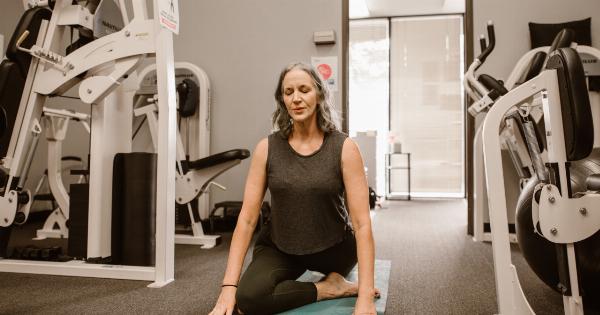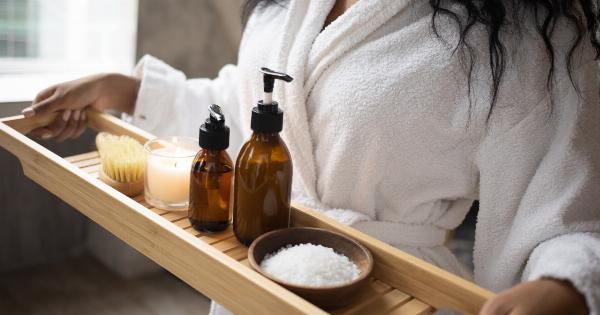Menstrual cramps are a common problem that women of all ages face. However, teenagers who are just beginning their period can experience more intense pain. These cramps can be so severe that they interfere with normal daily activities.
Symptoms and Causes
The main symptom of menstrual cramps is pain in the lower abdomen, back, and thighs. This pain can be mild to severe and can last from one to three days. Other symptoms include nausea, vomiting, diarrhea, headache, and dizziness.
The causes of menstrual cramps are hormonal changes that occur in the body during the menstrual cycle. Prostaglandins are the chemicals responsible for causing the uterus to contract, and they can cause pain when the uterus contracts too hard.
Treating Menstrual Cramps
There are several ways to treat menstrual cramps. Over-the-counter pain relievers such as ibuprofen and naproxen can help reduce cramps. You can also use a heating pad or a warm bath to help relax the muscles and reduce cramps.
In addition, exercise and a balanced diet can help reduce the severity of cramps. However, if these treatments are not successful, it is important to seek medical attention. A doctor can provide stronger pain relief medications or suggest other treatments.
When to Seek Medical Attention
If your teenager is experiencing severe pain with their menstrual cramps, it is important to seek medical attention. This could indicate a problem such as endometriosis or pelvic inflammatory disease.
Other symptoms that require medical attention include heavy bleeding, irregular periods, or bleeding between periods.
Preventing Menstrual Cramps
Although it is not always possible to prevent menstrual cramps, there are several things that can be done to reduce their severity. These include:.
- A balanced diet with plenty of fresh fruits and vegetables
- Reducing or eliminating caffeine and alcohol intake
- Exercising regularly
- Getting enough sleep
- Taking supplements such as magnesium and vitamin E
Conclusion
Periodic pain from menstrual cramps should not be ignored. If your teenager is experiencing severe pain, it is important to seek medical attention. There are several treatments and preventive measures available to reduce the severity of menstrual cramps.
Encourage your teenager to practice healthy habits and seek medical attention if necessary to ensure a healthy menstrual cycle.



























